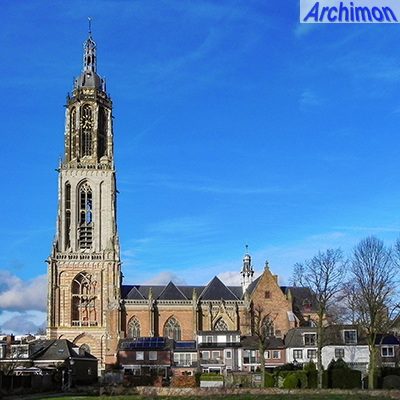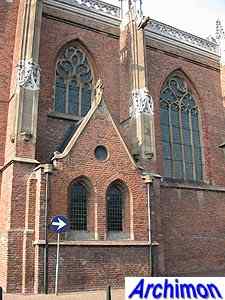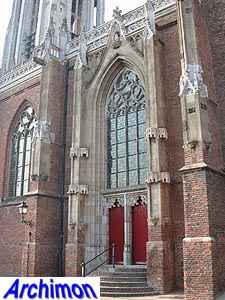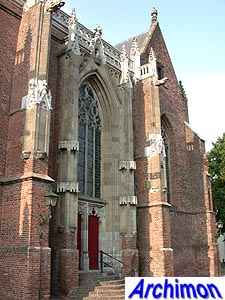 Rhenen (U): reformed Cunerakerk part 1/2 The choir and
the transept
are the
oldest parts of the church and probably date from the first half of the
15th century. The nave of the old church was enlarged in the second
half of the 15th century. The nave consist of three aisles of equal
height, making the church a hall-church. The northern side-aisle is
half the width of the one on the south side. The nave is executed in
richly ornamented Lower Rhine Gothic style, similar to big churches in
nearby Gelderland. Apart from the alteration of 1580, when protestants confiscated the church, very little happened to the church for three more centuries. In 1897 the tower was damaged by fire. The restoration by P.J.H. Cuypers that followed resulted in a taller and more ornamented tower. In 1934 a fire destroyed the roof of the nave. Architect Kromhout added a concrete roof on top of the vaults, which turned out to be too heavy. One of the pillars collapsed in 1938 and a major restoration was needed. All pillars were replaced. Also the plaster on the walls was removed, under which probably medieval fresco's had been preserved. On the outside the stair-turret next to the choir was heightened, as were the walls of nave, transept and choir. The balustrades on top of these were added as well. Although Rhenen was in the firing line in May 1940, when German troops attacked The Netherlands, the church was only slightly damaged. Early 1945 the restoration was completed, but in April of that year British bombers attacked the tower, causing enormous damage to both the tower and the nave. After the war B.T. Boeyinga restored the church, but due to the use of inferior material a further restoration began in 1968. In 1977 work was finally completed. |
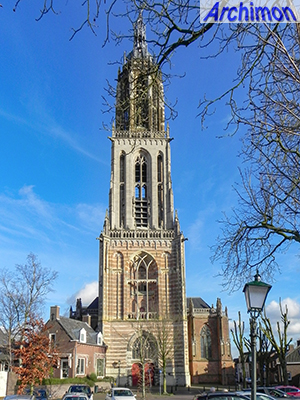 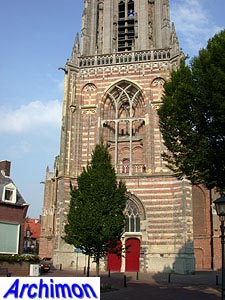 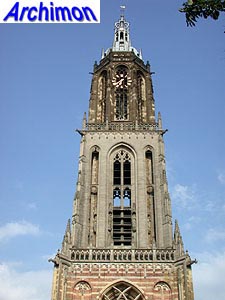 |
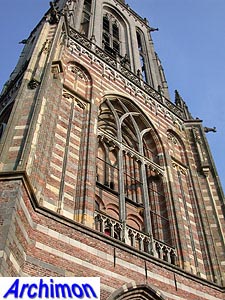
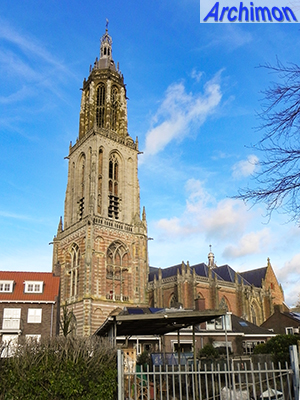 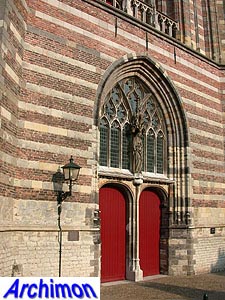 |
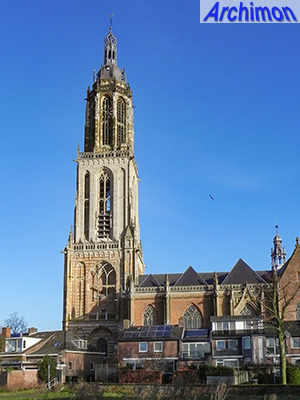 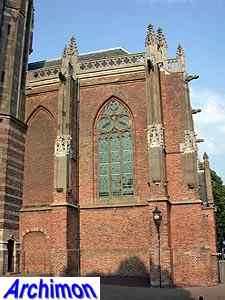 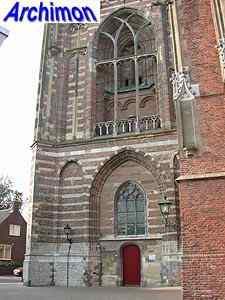 |
|
|
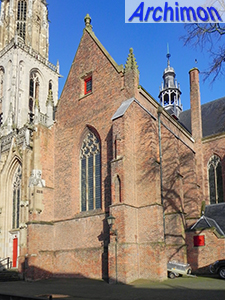
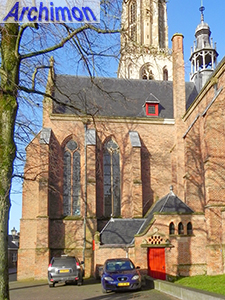 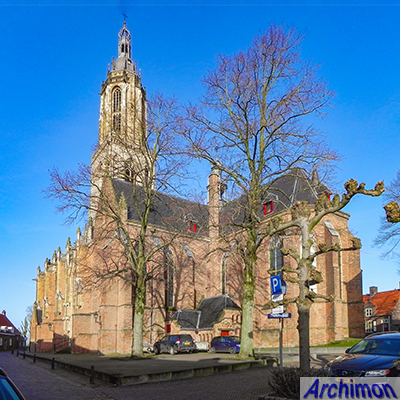 |
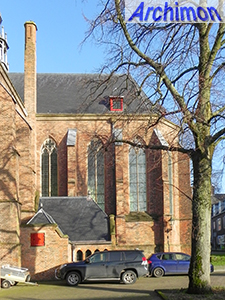 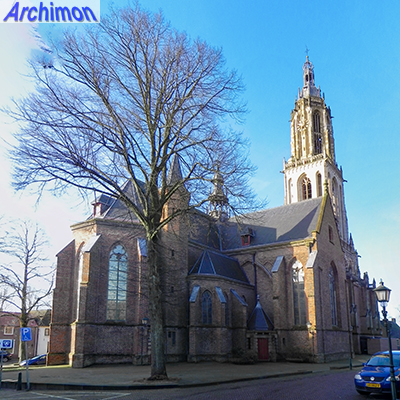 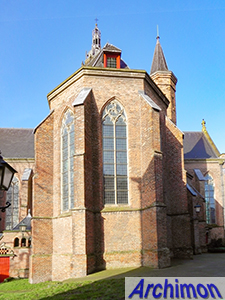 |
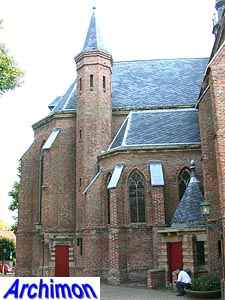 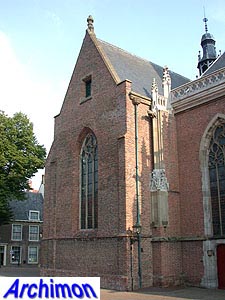 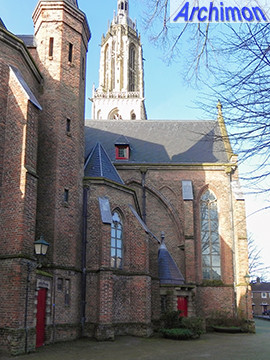 |
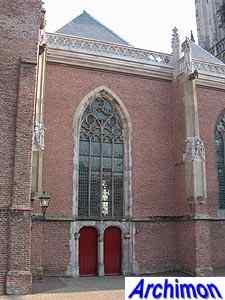 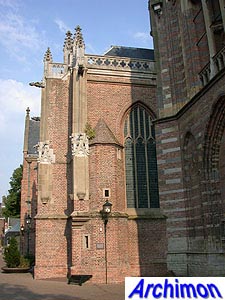 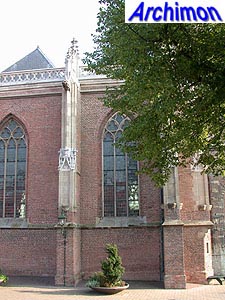 |
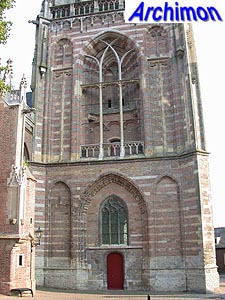 |
|
|
